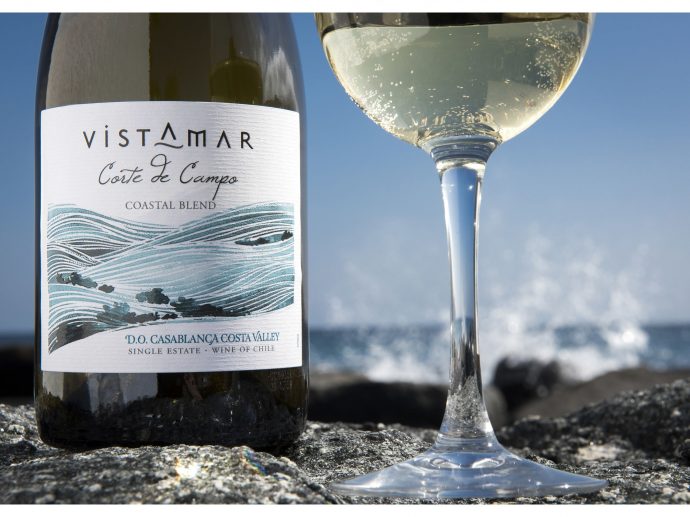Categories more
- Adventures (17)
- Arts / Collectables (15)
- Automotive (37)
- Aviation (11)
- Bath, Body, & Health (77)
- Children (6)
- Cigars / Spirits (32)
- Cuisine (16)
- Design/Architecture (22)
- Electronics (13)
- Entertainment (4)
- Event Planning (5)
- Fashion (46)
- Finance (9)
- Gifts / Misc (6)
- Home Decor (45)
- Jewelry (41)
- Pets (3)
- Philanthropy (1)
- Real Estate (16)
- Services (23)
- Sports / Golf (14)
- Vacation / Travel (60)
- Watches / Pens (15)
- Wines / Vines (24)
- Yachting / Boating (17)
Published
04/15/2022 by Morandé Wine GroupWith scores of 90+ points from international critics such as James Suckling, Robert Parker, and Tim Atkin, Vistamar Corte de Campo Coastal is a blend of white varieties from the Casablanca Valley, one of Chile's most outstanding areas for growing white varieties. Composed of 85% Chardonnay and 15% Viognier, this is a wine with tremendous fruit intensity, citrus and mineral notes, and an exotic tropical touch that is characteristic of Viognier. It's fresh and elegant, with suggestive acidity and ideal to drink this spring, chilled to 8º–12ºC.
Known as a winery that is attentive to and appreciates the cycles of nature, Vistamar, a Chilean winery that belongs to the Morandé Wine Group holding, creates wines from cold climates with slow-ripened grapes that invite us to take a break and respect our inner nature while giving rise to a portfolio of modern wines with vertical structures and tremendous concentration.
The Corte de Campo line represents the creativity of its winemaker, Cristian Carrasco, through small productions of innovative blends, made to be enjoyed over time, while appreciating their quality and the perfect balance between freshness and complexity.
Vistamar is a winery that has spent years studying the terroirs where it produces its wines. And its goal has always been to seek out sectors with microclimates and soil conditions that enable and respect the ripening of the fruit. Therefore, it has specialized in cold-climate terroirs in areas that deliver wines with greater balance and verticality.
The Antarctic currents have a determining influence over the climate of Chile's coastline. This is characterized by the cloudy skies and thick coastal mists and fogs called camanchacas. The absence of rainfall and temperatures that are colder than expected be at this latitude allow these mists to penetrate into the interior of the valleys and cold winds to blow inland from the sea in the afternoons. These conditions, characteristic of the hills in the Coastal Mountain Range, in conjunction with the broad daily oscillation between daytime and nighttime temperatures during the summer, are ideal for encouraging cold-climate varieties to ripen slowly and evenly.















